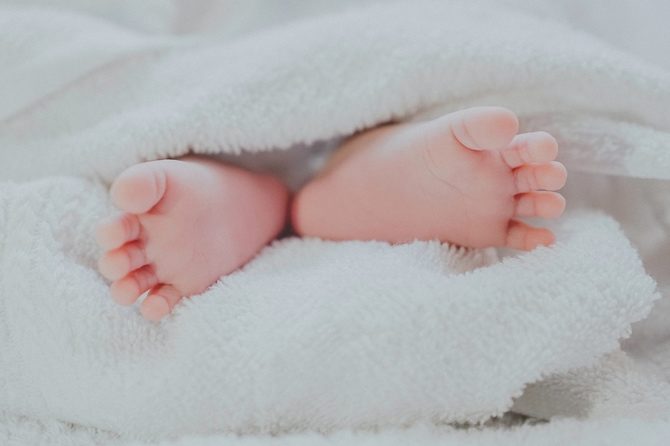
Egg Freezing
Recent advances in technology in the field of cryobiology now allows us to freeze (cryopreserve) human eggs (oocytes). While the pregnancy rates are slightly less when using cryopreserved oocytes, this advancement creates an option for women who may wish to cryopreserve their eggs due to disease or for social reasons.
There are many circumstances where a woman may wish to freeze some of her eggs. Initially, oocyte freezing was used for women who were about to undergo treatment for cancer which would destroy her eggs and make her menopausal – effectively destroying her fertility. A committee opinion from the American Society for Reproductive Medicine (ASRM) from 2019 states that there are over 200,000 women under the age of 49 who are diagnosed with cancer every year. Many of them will survive their cancer and may want to have a child or add to their family. Oocyte cryopreservation gives them a way retain some fertility potential so that they may attempt a pregnancy after their treatment is finished and they have been medically cleared that it is safe to have children. In 2018, Illinois passed a law providing healthcare insurance to cover the cost of fertility preservation for women undergoing medical treatment that might make them sterile. Treatment advances i many forms of cancer and other diseases, has made it so that many patients with cancer can survive, thrive and plan their future – including having a biologic family.
While cancer therapy is one disease where cryopreservation may be useful, there are other diseases which now use treatment that may be chemotoxic and thus lend themselves to cryopreservation. Also, not all pharmaceutical treatments are equally chemotoxic. Some cause menopause in only a small portion of women treated with them whereas, other agents have a high likelihood of creating menopause.
A more recent use of oocyte cryopreservation is for “social freezing.” Social freezing is a term used when women choose to cryopreserve their eggs for non-medical reasons. The rational for this approach is the well-known decline in a woman’s fertility as she ages. There are a number of reasons why a woman may choose to freeze her eggs including personal, financial, professional, or psychological reasons. However, the primary reason given when women are asked is the lack of a suitable partner. The second most common reason is that they want to delay childbearing to advance their career.
The process for obtaining the eggs requires work over 6-8 weeks, including ovarian stimulation with injectable medications, close monitoring with ultrasound and blood tests, and an in-office procedure called an egg retrieval. Overall, the frequency of complications remains low (e.g. one study of egg donors reported an overall complication rate of 0.8% occurrence of a complication requiring some form of intervention). If you are interested in knowing whether Egg Freezing or Fertility Preservation is right for you, please contact us and we will walk you through the process!
If you are interested in knowing whether Egg Freezing or Fertility Preservation is right for you, please contact us and we will walk you through the process!
